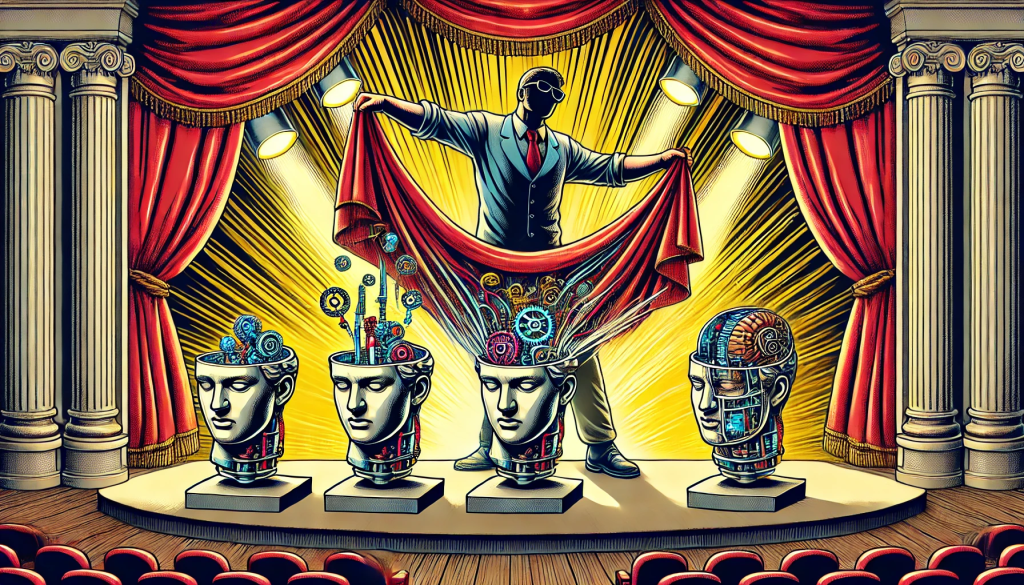
OpenAI is slowly rolling out better memory on ChatGPT, making it a default for ChatGPT to reference past conversations. This has raised the fear that the platform is proactively “listening” to users, making them uncomfortable with how much the platform knows.
ChatGPT already logs information from previous interactions through its Memory feature, ensuring preferences are saved and conversations can seamlessly continue from where the user left off.
This new update allows ChatGPT to “draw on past conversations to deliver more relevant and useful responses” and go across all modalities in the platform. Improvements in Memory allow future conversations, not just current chat windows, to reference previous chats. It will only be available for ChatGPT Plus and Pro users. ChatGPT Enterprise, Team and Edu will get access to the feature later.
Starting today, memory in ChatGPT can now reference all of your past chats to provide more personalized responses, drawing on your preferences and interests to make it even more helpful for writing, getting advice, learning, and beyond. pic.twitter.com/s9BrWl94iY
— OpenAI (@OpenAI) April 10, 2025
OpenAI added Memory to ChatGPT in February last year to make talking to ChatGPT more helpful. Memory is a feature for most chat platforms and large language models (LLMs). Gemini 2.0 Flash Thinking added Memory, while frameworks like A-Mem improve long-context memory for more complicated tasks.
Proactive memory
Improvements to memory will let ChatGPT “naturally build” on earlier chat, and over time, OpenAI said interactions on ChatGPT will be more tailored to the user.
OpenAI offers two ways to control Memory through settings. The first is Reference Saved Memories, where the user can direct ChatGPT to remember facts like names or preferences. The company said people usually add this information by explicitly telling ChatGPT to remember something. The model will figure out which information will be helpful in future conversations.
Also Read: OpenAI Boosts ChatGPT with Internal Data Access
The second control is Reference Chat History. This setting permits ChatGPT to draw context from previous discussions and “adapt to your tone, goals, interests, or other recurring topics.” However, the context will not be stored or shown in the settings page like saved memories are.
“You can choose to have both settings on or off, or just turn on reference saved memories,” OpenAI said. “The settings are flexible, and you can change them anytime, including managing specific saved memories. If you opt out, ChatGPT won’t draw on past conversations. You can also ask what it remembers or switch to Temporary Chat for memory‑free sessions.”
Concerns from some users
Remembering conversations and taking details for future conversations not only makes it easy to continue a chat, but ideally, for enterprise tasks, having access to preferences and context makes AI models more useful.
AI investor Allie K. Miller said in a post on X that this update makes ChatGPT “listening all the time. It’s cutting across all of your conversations, whether you have explicitly asked it to remember something or not.”
“As I mentioned a few weeks ago, memory is the best feature inside these platforms. As models and features get commoditized, it’s going to come down to personalization, collaboration and network effects. Memory is the key. Memory is the moat,” Miller said.
Let me explain the brand-new OpenAI release that kept Sam Altman up all night last night.
⬇️⬇️⬇️
I don’t have memory turned on ChatGPT (because I can’t for work), and today is the day that starts to hurt.
Until today, ChatGPT’s memory was pretty boring. It waited for a clear… https://t.co/fdAq1JLlwA
— Allie K. Miller (@alliekmiller) April 10, 2025
However, after OpenAI announced the Memory update, some users expressed concern that it might change how the model interacts with you.
Prominent AI commenter and Wharton professor Ethan Mollick noted it’s not a feature he will turn on.
“I totally get why AI long-term memory is useful and, based on my testing, think many people will love it… but I actually don’t want my LLMs I use for work to chime in with personal details or subtly change its answers as a result of my past interactions. Boundaries are good,” Mollick said.
I totally get why AI long term memory is useful and, based on my testing, think many people will love it… but I actually don’t want my LLMs I use for work to chime in with personal details or subtly change its answers as a result of my past interactions.
Boundaries are good.
— Ethan Mollick (@emollick) April 10, 2025
OpenAI cofounder Andrej Karpathy worried ChatGPT “think worse of me based on that noob bash question I asked 7 months ago.”
Will GPT think worse of me based on that noob bash question I asked 7 months ago ?
— Andrej Karpathy (@karpathy) April 10, 2025
Memory on ChatGPT will be helpful, but it will be up to the user to determine how much they want the chat platform to know about them and how crucial past information will be for future conversations.
Author: Emilia David
Source: Venturebeat
Reviewed By: Editorial Team



